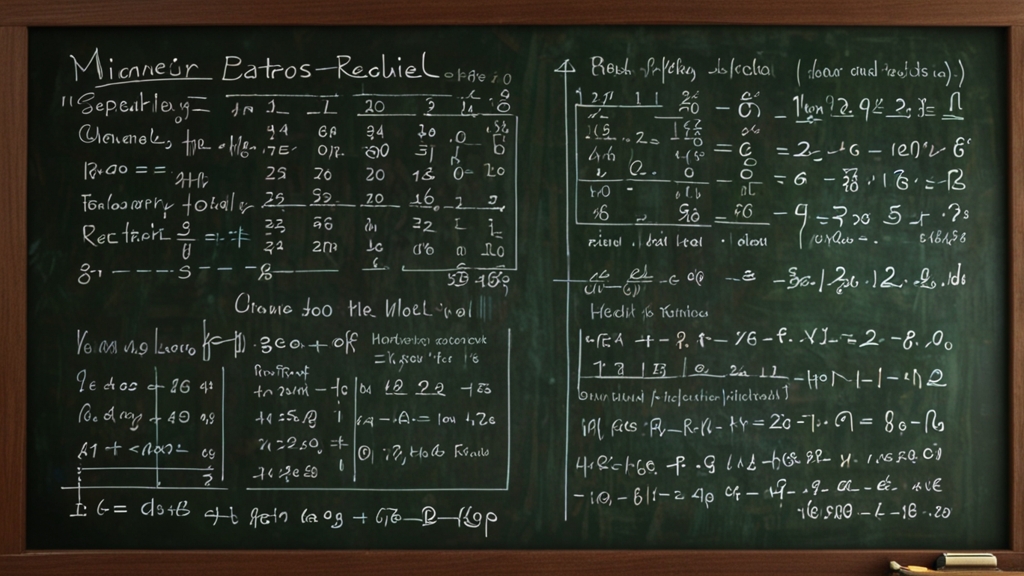The Controversial Psalms That Challenge Beliefs
The Book of Psalms is revered for its poetic depth and spiritual insight, forming an integral part of both Christian and Jewish traditions. However, not all psalms inspire the same reverence. Some passages, through their raw expression of emotion and stark portrayal of divine justice, invoke controversy. These psalms challenge modern sensibilities and provoke discussions about their place in contemporary worship and theology.
Psalms of Lamentation and Imprecation
Lamentations are a significant aspect of Psalms, providing a vehicle for expressing sorrow and seeking solace in times of distress. However, imprecatory psalms, which call for divine retribution against enemies, are particularly contentious. Psalms such as Psalm 109 and Psalm 137 include evocative and harsh language that some find uncomfortable or incompatible with a message of universal love and forgiveness.
"Let their eyes be darkened, so that they cannot see, and make their loins tremble continually." – Psalms 69:23
Psalm 109 is a prime example, where the psalmist curses his adversaries in vivid detail. These passages raise theological questions about the nature of justice and the portrayal of a benevolent God. While they reflect the psalmist's intense personal anguish and desire for divine intervention, they also pose challenges for those advocating for forgiveness and reconciliation.
Theological and Ethical Dilemmas
These controversial psalms present ethical dilemmas. How should believers reconcile the invocation of harm upon enemies with teachings of love and forgiveness found elsewhere in scripture? This tension often leads to divergent interpretations among scholars and clergy.
Some argue that these psalms should be understood in their historical and cultural context, reflecting the struggles and conflicts of ancient Israelite society. According to this view, the psalms are an honest record of human emotions and should be valued for their authenticity and raw expression.
"O daughter of Babylon, who art to be destroyed; happy shall he be, that rewardeth thee as thou hast served us. Happy shall he be, that taketh and dasheth thy little ones against the stones." – Psalms 137:8-9
Others contend that these passages are problematic, advocating for a more selective approach to their use in worship and study. They argue that such violent imagery should not be emphasized or, in some cases, should be omitted altogether to prevent misinterpretation and misuse.
Modern Reflections and Applications
In contemporary worship, the use of these controversial psalms varies widely. Some denominations incorporate them regularly, seeing them as an essential part of the scriptural canon that offers a full range of human experience with God. Others may choose to focus on the more uplifting and comforting psalms, emphasizing God’s love and mercy.
The debate over these psalms has broader implications for how scriptures are used and interpreted. It encourages dialogue about the role of sacred texts in addressing pain, injustice, and human suffering. By confronting these challenging passages, believers are prompted to reflect on their faith’s complexities and the multifaceted nature of divine-human relationships.
Conclusion
The controversial psalms continue to spark discussions and reflections among theologians, clergy, and laypeople. While their stark imagery and raw emotions may be unsettling, they also provide a profound insight into the human condition and the enduring quest for justice and divine intervention. In grappling with these texts, believers find an opportunity to deepen their understanding of faith and the diverse expressions of spirituality that scripture contains.











